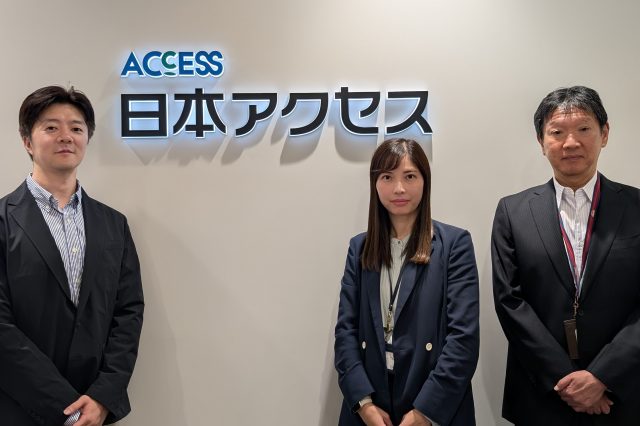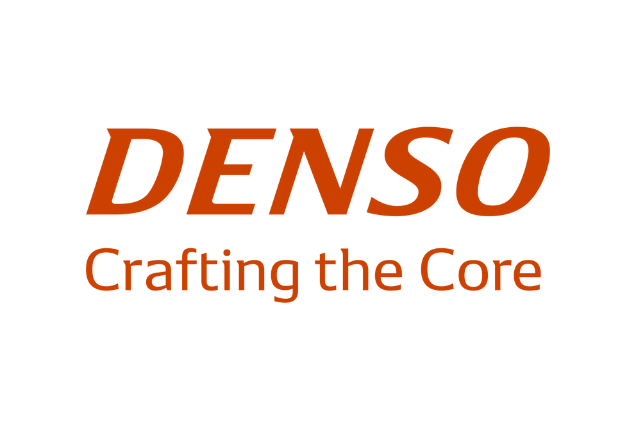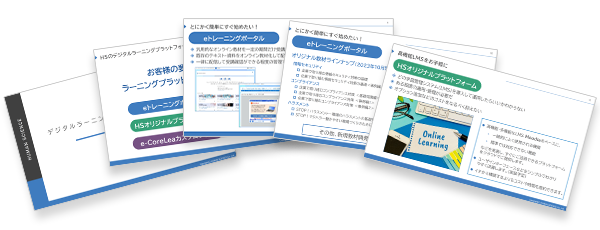Linking with the online delivery portal sites through Moodle to reduce the burden of emergency nursing seminars
Due to the cancellation of in-person seminars caused by the COVID-19 pandemic, we introduced Moodle. We were able to continue providing many educational courses and seminars.
Furthermore, we migrated user information managed on the portal site to Moodle, significantly reducing the effort required for application processing.
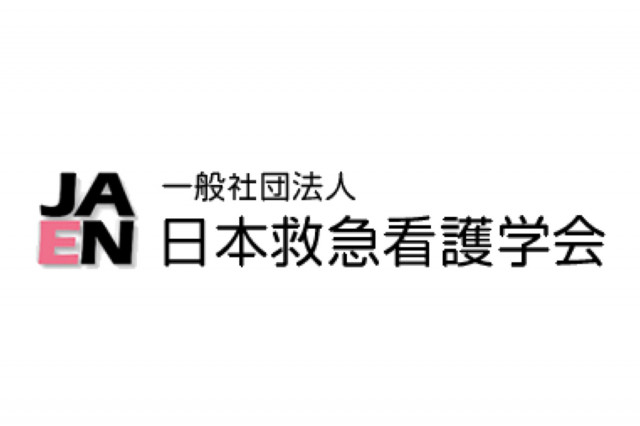

Japanese Association for Emergency Nursing
Director and Councilor Junji Masuyama (Professor, Department of Nursing, Reiwa University of Health Sciences)
- Implementation and Operation Support
- Improvement Measures
- :・Moodle Operation Services
・Moodle Cloud Package e-CoreLea
・Moodle Plugin Customization
Customer Requests
"In the situation where we have no choice but to switch to e-learning that can be done anytime and anywhere due to the COVID-19 pandemic"
――Can you tell us about the initiatives of the Japan Society of Emergency Nursing?
Mr. Masuyama: Our society holds an academic conference once a year. This year marks our 25th anniversary. Additionally, we publish books related to emergency nursing and hold seminars. We have approximately 4,000 members, most of whom are nurses. Many university faculty members are also affiliated with us.
――What is Mr. Masuyama's role in the Japan Emergency Nursing Society?
Mr. Masuyama: I am in charge of seminars within the society. Therefore, I am also responsible for Moodle related to the seminars.
――What was the background behind the decision to implement e-learning this time?
Mr. Masuyama: Our association offers a wide range of educational courses and seminars in the field of nursing. However, due to the COVID-19 pandemic, we were forced to cancel in-person seminars and had to switch to e-learning, which allows for learning anytime and anywhere.
――As an e-learning system, what criteria did you use to select Moodle?
Mr. Masuyama: The professors at the academic conference were using Moodle for their classes during the COVID-19 pandemic, and I was also familiar with Moodle as I had been using it myself. Additionally, one of the reasons for choosing Moodle is that it is open source, allowing for various customizations. When we decided to implement an LMS, we researched several options, but for these reasons, we decided to utilize Moodle.
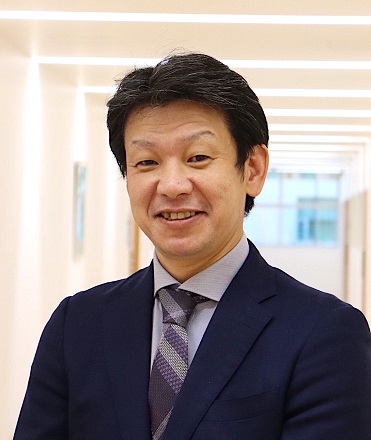
Director and Councilor Junji Masuyama (Professor, Department of Nursing, Reiwa University of Health Sciences)
Customer Feedback from Clients
"The integration of the portal site and Moodle eliminates the need for manual user information registration. This has significantly reduced the workload."
――Moodle has many features, but how do you find it after trying it out?
Mr. Masuyama: I feel that it is good that Moodle allows the use of quizzes, videos, and forum functions as content. I think it is sufficient for creating various e-learning experiences. I have a policy of using only the necessary features, similar to my mobile phone, so I have no particular issues with usability. There have been inquiries from seminar coordinators about whether certain things can be done, but I believe that the current features are sufficient to handle them.
――We have integrated the conference portal site with Moodle, but what has been the effect?
Mr. Masuyama: The portal site manages user information (member information) and application information. We have linked the portal site with Moodle, allowing user information and application information from the portal site to be transferred to Moodle. As a result, there is no longer a need to manually input user information and application information into Moodle, significantly reducing administrative workload. Additionally, we have enabled the transfer of learning history from Moodle to the portal site. This allows us to track the course completion status of e-learning participants on the portal site. The development of this integration was carried out by the vendor on the portal side and Human Science on the Moodle side. This integration has been a tremendous help.
――Could you tell us the reasons why you chose Human Science?
Mr. Masuyama: Recently, there has been a rapid increase in companies dealing with Moodle. We gathered information from performance surveys and teachers, and compared several companies at the board meeting. Ultimately, we evaluated Human Science and found no issues with the pricing, so we decided on Human Science.
--What effects have you felt from implementing Moodle?
Mr. Masuyama: Due to the COVID-19 pandemic over the past three years, in-person classes were suspended. At first, many students were not accustomed to online learning, and the number of participants did not increase much, but recently there has been a trend of increase. I feel this is one of the effects of online learning.
Additionally, e-learning has the advantage of being able to be done at one's own pace, but the challenge remains in ensuring that participants continue to complete the courses, as it is easy to stop. However, initially, about 60% of participants completed the e-learning courses, and now that number has increased to about 80%, which I believe is a truly wonderful effect. In the situation where face-to-face learning was halted, I feel grateful and pleased that e-learning was able to continuously provide educational opportunities as an alternative.
For another purpose, we conducted a survey among our members. In questions regarding the extent to which our seminars and e-learning contribute to nursing practice, there were results indicating that e-learning has a higher contribution level. Currently, we are providing opportunities to improve assessment skills based on cases from CBL (Case Based Learning). We have discussed with the committee in charge of the seminars and believe that there is an effect that can be applied to practice as a learning outcome. Additionally, the ability to view the content multiple times was also well received. These are effects of e-learning that are not present in face-to-face learning, and I feel that the survey results were positive.
――How is the response from Human Science?
Mr. Masuyama: Currently, even if a problem occurs and I consult via email, I receive a prompt reply, so I do not feel stressed. I would appreciate your continued support in the future.
――Do you have any plans or schedules for the future?
Mr. Masuyama: At the conference, we plan to create several new courses, with blended learning as the foundation. We also intend to continue in-person sessions. We are discussing whether to implement pre-learning or post-learning as we move forward. In the future, we aim to enhance e-learning further. Over the past year, the committee responsible for various seminars has split into subcommittees, and we gathered once a month for a year to learn how to use Moodle. As a result, we have added about two courses. It seems that it may still take some time for e-learning to become widespread.
Additionally, we are considering issuing specialized licenses to those who complete learning courses up to a certain level in the future. We want to clarify the skills necessary for emergency nursing practice and provide the required courses to our members.
Click here for information about Moodle
>> Moodle Implementation Support and Operation Services
Related Blogs
>> [Moodle Basic Course] What can the e-learning management system Moodle do?
>> [Moodle Basic Course] What can be done with Moodle's default features
>> Moodle is not only used by universities (widespread use)









